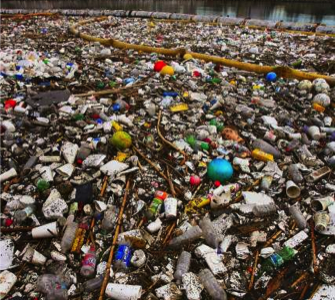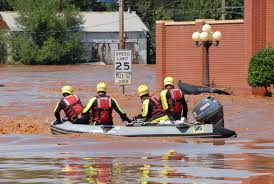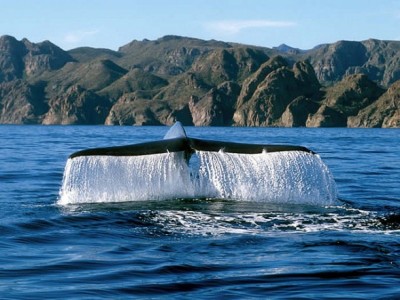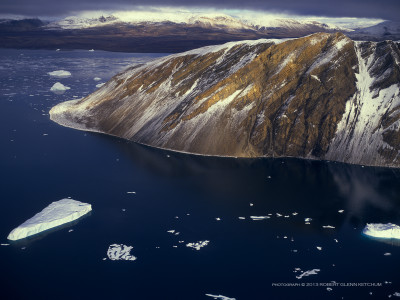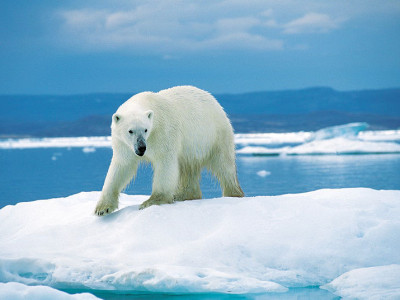Oceans
Zero Trash
Using the Clean Water Act to Control Marine Debris in California
This post is cross-posted on EcoPerspectives, the environmental law and policy blog of the Vermont Journal of Environmental Law. Let’s talk trash. Human-generated stuff that ends up in the ocean, termed “marine debris” or “marine trash,” presents a critical ocean and coastal management challenge. Trash can be found on coastlines and in seawater worldwide, from …
CONTINUE READINGStanding, Settlement, and Mass Torts
BP is trying to use standing law to wiggle out of its own settlement agreement. The courts have been right to say no.
BP entered into a settlement in a massive class action against it arising out of the BP oil spill. Now it’s trying to get out of part of the settlement while keeping the rest of the deal in place. BP’s argument involves three areas of confusion in standing doctrine: how does it apply to class actions, …
Continue reading “Standing, Settlement, and Mass Torts”
CONTINUE READINGBP Spill + 4
Four years ago, the BP Deepwater Horizon was still gushing oil. The well was finally capped in mid- July. There’s been a lot of legal action since then, but it’s hard to keep track of all the piecemeal developments. Here’s quick rundown. The Presidential Commission investigating the spill identified the “root causes” as management failures by industry and …
Continue reading “BP Spill + 4”
CONTINUE READINGAddressing Climate Change Without Legislation
A new report from UC Berkeley looks at the underused powers of the US Department of the Interior.
Now that the Environmental Protection Agency has announced its proposed rules for restricting greenhouse gas emissions from existing power plants, the climate focus of EPA and the states will first be on polishing the rules for final approval, then on the anticipated law suits, and then on the development of state plans to meet the …
Continue reading “Addressing Climate Change Without Legislation”
CONTINUE READINGGoing, Going, Gone
Despite it’s depressing subject, Elizabeth Kolbert’s The Sixth Extinction is a great read. She travels around the world, from a “hotel” for endangered frogs in Panama to an outdoor biodiversity experiment in the Peruvian rainforest to an endangered rhino’s rectal exam in Cincinnati. Yet, there’s no denying that the topic is a downer. The title implies that we …
Continue reading “Going, Going, Gone”
CONTINUE READINGSea Level Rises, Premiums Not So Much
Congress apparently just couldn’t resist restoring subsidies for coastal homeowners.
The President has now signed an important modification of the flood insurance program. The changes are hard to understand, in part because the bill changed an earlier 2013 law that itself amended the basic statute. So you have to work through the whole sequence to see what is going on. Before I go into more …
Continue reading “Sea Level Rises, Premiums Not So Much”
CONTINUE READINGProtecting Marine “Wilderness”
A new study shows how to strengthen marine preserves.
The Bush Administration is not remembered fondly by environmentalists, but one important exception came at the beginning of 2009. That’s when President Bush created an additional 195,000 square miles of marine reserves, on top of the 140,000 miles he had created previously. Such marine reserves are not unique to the United States, of course. Yet, …
Continue reading “Protecting Marine “Wilderness””
CONTINUE READINGOffshore Fracking Battles Brewing in the Golden State
Increased attention to fracking off the California Coast; what our state agencies can do about it
As prior blog posts and reports have detailed, hydraulic fracturing (“fracking”) has been occurring onshore in California for decades, yet without full disclosure to the public or state regulatory agencies. Recently, new reports of offshore fracking in both California and federal waters have surfaced, showing that fracking has also been underway off the coast for …
Continue reading “Offshore Fracking Battles Brewing in the Golden State”
CONTINUE READINGNewsflash: Not All Climate Stories are Dismal, Scientists Actually Try to Discover the Truth
Methane Leaks Not Caused by Human-induced Climate Change,
NPR aired a story this week about what scientists thought, in 2008, were ominous signs of a warming ocean. Churning bubbles of methane — a very potent greenhouse gas — were pouring out of the ocean floor in Arctic Norway. Scientists theorized that as the globe and the oceans warmed, the methane trapped in the …
CONTINUE READINGAre Polar Bears Really Endangered?
“Glib contrarianism” in environmental journalism
The news web site Slate is known for its counterintuitive articles – so much so, that the term “slatepitch” has been coined. But sometimes trying to write a counterintuitive article leads you to write something, well, just wrong. Today, Slate ran an article about “Five Species You Thought Were Endangered That Really Aren’t (Including the …
Continue reading “Are Polar Bears Really Endangered?”
CONTINUE READING



